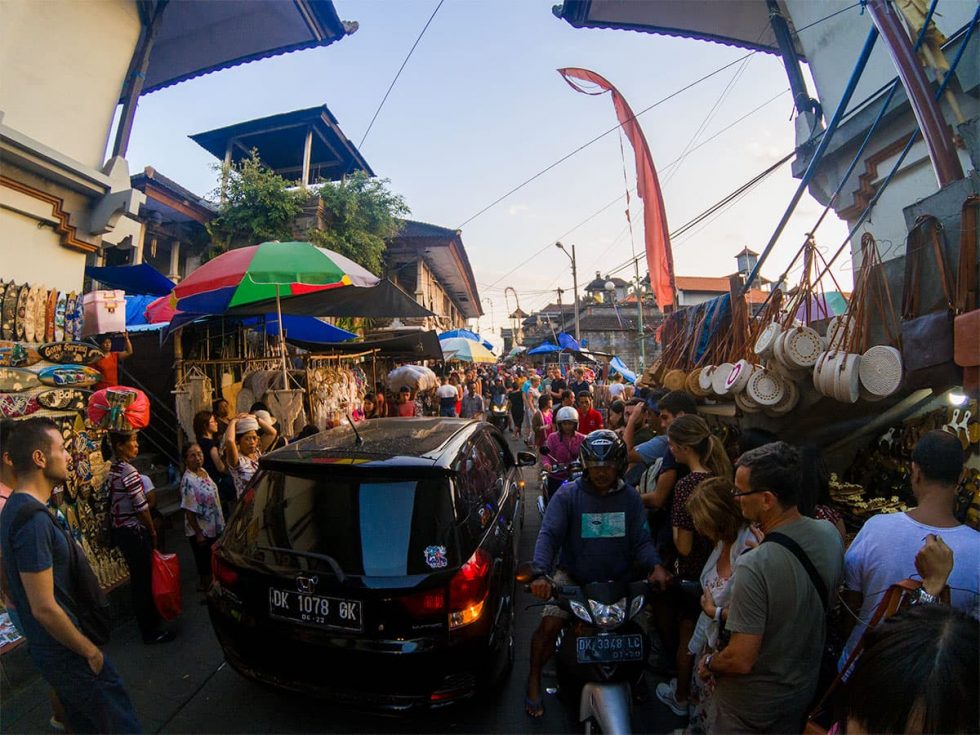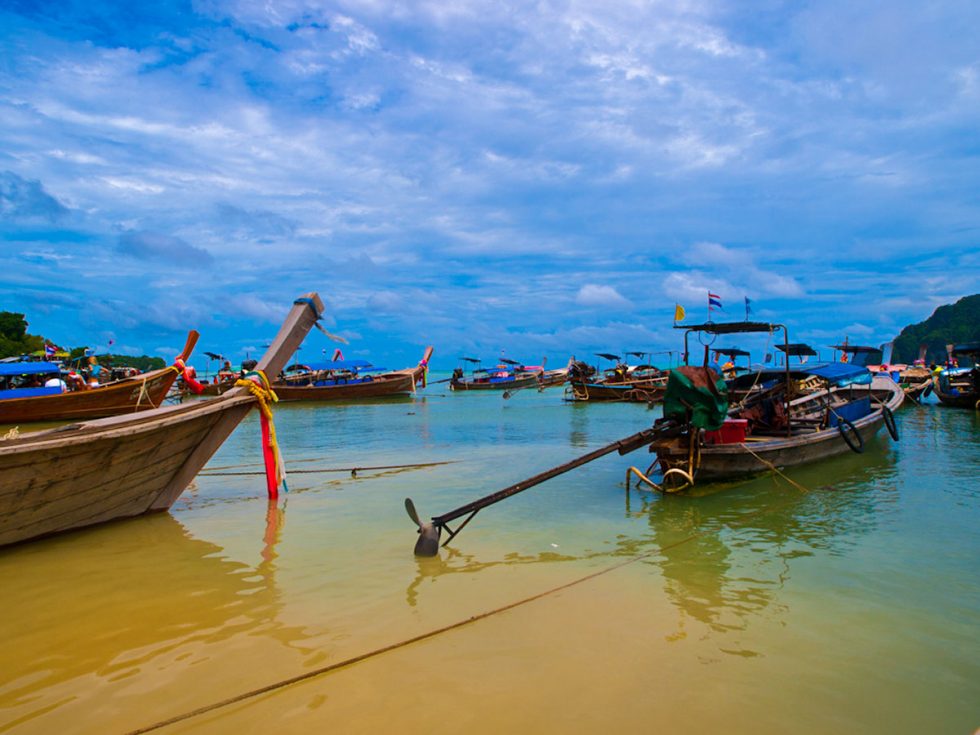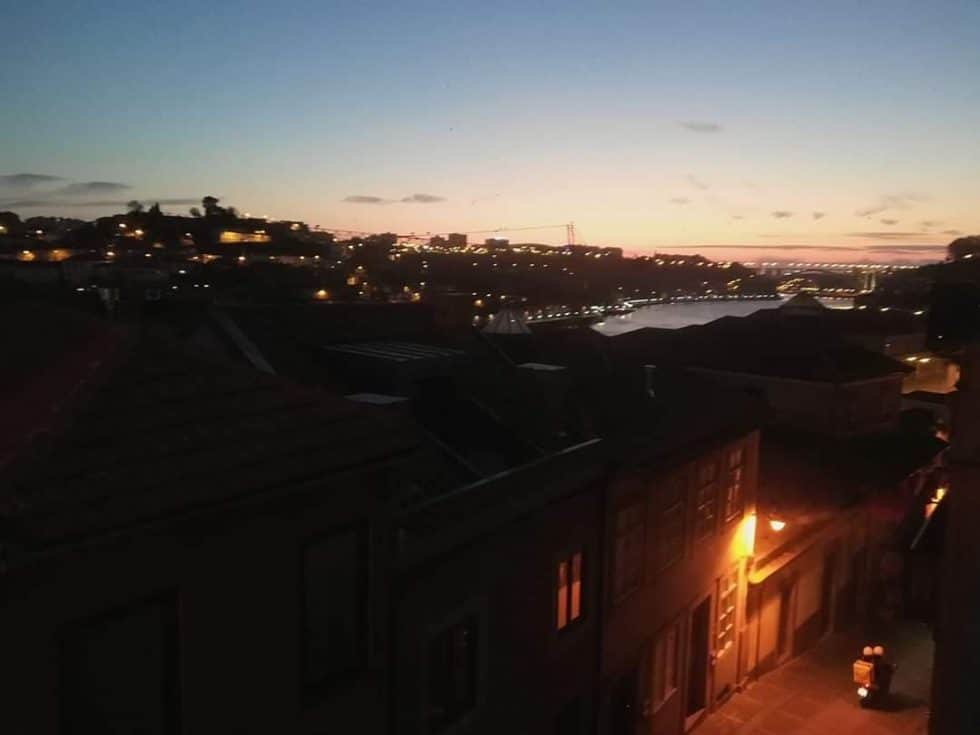To say that the world would be suspended in pause is a remote possibility that, almost six months ago, nearly no one could have foreseen shortly.
The pandemic is spreading on a planetary scale. The moment these lines are written, the numbers of infected people are occurring at an exponential rate, and confinement is a direct consequence requested in most countries.
With the gradual and progressive stop, the world gained another rhythm. Without the massive and excessive production of my bedroom window, I travel through a reality that I never imagined experiencing around me, the air in Porto became less polluted, lighter, and purer.
The river now calms without the constant boats and cruises full of tourists, is a lake, birds that I have never seen before floating by hundreds in the now calm waters. The industrialized world stopped to make way for a more livable one.
This impression can already be substantiated through a careful analysis of the pollution levels in the countries most affected at the moment by the Coronavirus.
Factories are closed, commercial flights are reduced, people are locked, thus contributing to a significant decrease in emissions of nitrogen dioxide and carbon dioxide.

However, it is expected that, with the end of the quarantine, this situation will be merely transitory. The levels will return almost immediately to the previous values, a painful return to the narrative, and the dominant paradigm of the last decades.
For those who travel, and we are all tourists and travelers, often in the land, we have as ours, the current confinement is a moment of pause and reflection. Data from the World Tourism Organization revealed that for the year 2030, almost 2 billion travelers are expected, a substantial increase when compared to the 2016 figures of 1200 million.
Low-cost companies and the massive success of social networks contribute to wild mass tourism and what the most perverse it entails, the progressive degradation of many destinations and ecosystems.

Cities like Venice, Petra, or Prague are transformed into authentic theme parks. Places all over the world (Halong Bay in Vietnam, the Phi Phi Islands in Thailand, or the Galapagos Islands in Ecuador) are increasingly banned to the public and conditioned circulation, as the ultimate form of preservation.
The excess of tourism represents one of the biggest current problems whose solution is urgent. In times of confinement, it is necessary, more than ever, to consider more sustainable ways of life. The power is in the hands of everyone. In the name of the planet, in our biggest collective name.



